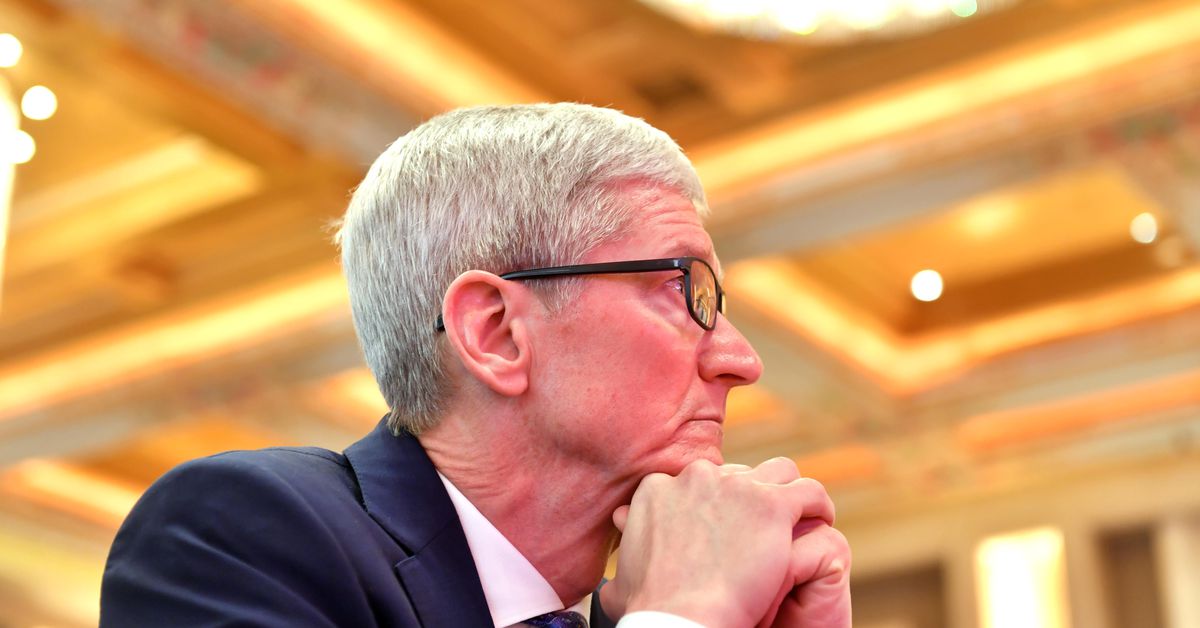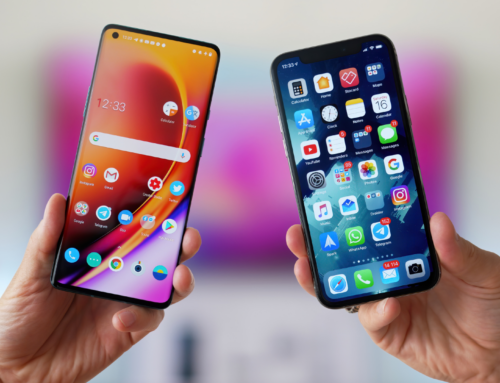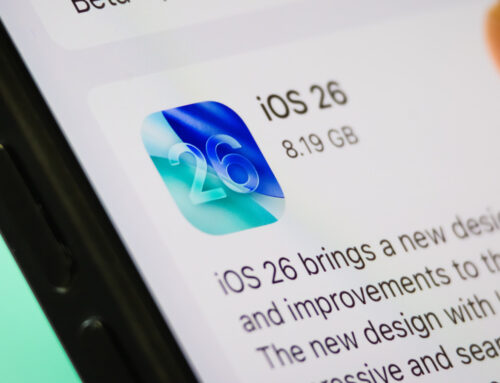Tim Cook has pushed Apple’s value within close range of $3 trillion, and a lot of that has to do with the former operations lead’s ability to manage a relationship with China, where many of its products are made and, increasingly, many of them are sold. A report this week from The Information relies on unnamed sources and internal documents to peel back some of the details about Apple’s ties with China.
That includes a request Apple reportedly received in 2014 or 2015 about a small group of uninhabited islands that China and Japan apparently have a dispute over in terms of who owns them. Going by either the Senkaku Islands or the Diaoyu Islands, depending on which side of the argument you’re taking, they inspired a request from China to members of the Maps team to make them appear larger, even when viewers are zoomed out on the map. According to The Information, not only did Apple eventually make the change, but even today, for viewers using its map from within China, the islands are still shown at a larger scale than the territories around them.

The report also details disputes over everything from iTunes and iCloud to Apple Pay. The figure that looms over everything is a 1,250-word memorandum of understanding that The Information says Tim Cook signed during a publicized trip to China in 2016. The way it’s laid out, Cook went to China because of repeated regulatory actions affecting Apple’s business. By signing a five-year agreement (with an option to extend to a sixth year) promising investments, business deals, and training in China, worth an estimated $275 billion, the aim was to avoid further disruptions.
And as The Information has confirmed from its sources, that seems to have mostly held true. The report points out data from the analysts at Counterpoint Research who said that in October, Apple became the largest smartphone brand in China, a title it hadn’t held in six years. Meanwhile, Apple has built new R&D centers in the country and started storing iCloud data for Chinese users there.
However, that relationship also has downsides, with critics questioning the company’s commitment to privacy — its Private Relay feature will not be available in China — and business dealings with companies accused of links to Uyghur forced labor. That’s before we mention the other visible concessions that harken back to that decision about the disputed islands, like the numbers Apple won’t let you engrave on an iPad in China and takedowns of certain apps.
After the report surfaced, the South China Morning Post reports (via Apple Insider) that a state-run tabloid in China referred to it as “McCarthyism,” claiming it was an attack “clearly driven by the ‘political correctness’ of Sinophobia.”







